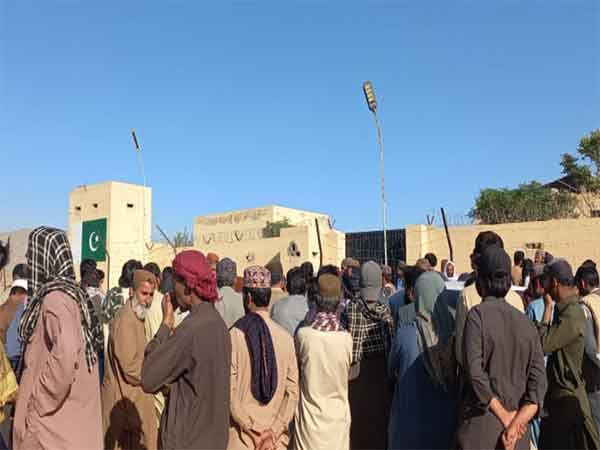Pakistanis urged to drink less tea to keep economy afloat
Jun 16, 2022

Islamabad [Pakistan], June 16 : Federal Minister for Planning and Development Ahsan Iqbal has urged Pakistanis to drink less tea as the nation grapples with the economic crisis.
"I appeal to the nation to reduce tea intake by one or two cups daily because we borrow money for tea import as well," he said while speaking to the media in Islamabad on Tuesday.
"The tea we import is imported by taking a loan," Iqbal said, adding businesses should also close earlier to save electricity, reported CNN.
The South Asian nation of 220 million is the world's largest importer of tea, buying more than USD 640 million worth in 2020, according to the Observatory of Economic Complexity.
Pakistan has been facing severe economic challenges for months, leading to an increase in the prices of food, gas and oil.
Meanwhile, its foreign currency reserves are declining rapidly. Funds held by the central bank fell from USD 16.3 billion at the end of February to just above USD 10 billion in May, according to UK-based media -- a more than USD 6 billion drop and enough to cover the cost of two months of its imports.
Meanwhile, Twitter boiled with anger after Ahsan Iqbal asked Pakistanis to reduce tea consumption. Many shared that reduction of chai intake is something they cannot get on board with, reported The Express Tribune.
Here's how Twitter reacted to what users said was unjustified demand of the minister.
"Petition to cancel Ahsan Iqbal instead of chai," tweeted a user.
"Did Ahsan Iqbal really ask the nation to cut down on chai? Did he honestly really ask us for that? Do they really think we're that stupid," said another Twitter user.
Meanwhile, another user said, "Our chai wala isn't picking his phone Ughh explain this Ahsan iqbal what have you done to him?"
"Ahsan Iqbal urging the nation to cut down on chai I'm sorry but I cannot be a part of this," said another netizen.
"Ahsan Iqbal ko chai se kya problem hai," lamented another user.
Pakistan's economic crisis was at the centre of a political showdown between Prime Minister Shehbaz Sharif and his predecessor Imran Khan earlier this year, leading to Khan's ouster in April.
Sharif accused Khan of economic mismanagement and mishandling of the country's foreign policy, forcing Khan out of office in a no-confidence vote.
Coming to terms with the mounting economic crisis has been a challenge for Sharif's government, reported CNN.
Last month, Pakistan banned the import of non-essential and luxury items to "control spiralling inflation, stabilize foreign exchange reserves, strengthen the economy, and reduce the country's reliance on imports," Information Minister Marriyum Aurangzeb told a news conference on May 19.
Sharif at the time said the decision "will save the country precious foreign exchange" and that Pakistan has to "practice austerity."
At the end of May, the government lifted a cap on fuel prices -- a condition for a long-stalled bailout deal with the International Monetary Fund (IMF) to go ahead.
Last week, the government unveiled a fresh USD 47 billion budget for 2022-23 in a bid to convince the IMF to restart the USD 6 billion bailout deal, agreed upon by both parties in 2019.




















